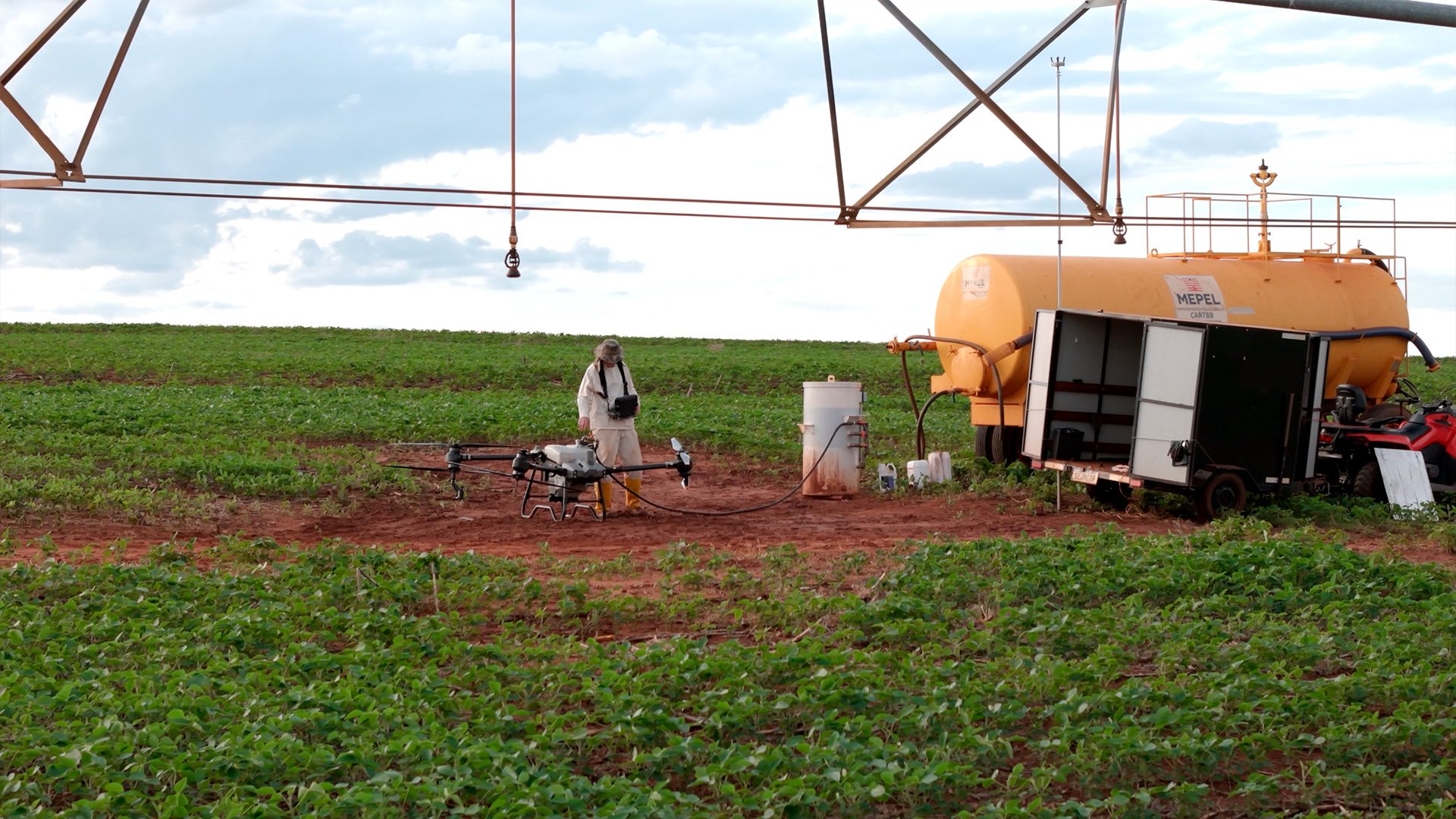In agriculture, choosing the right inputs, planting season, soil management, and of course, the products applied in the field make all the difference in the final outcome. One often underestimated element is now taking center stage: agricultural adjuvants.
While not pesticides themselves, adjuvants act as silent allies, enhancing the performance of herbicides, insecticides, and fungicides. But with so many options on the market, a key question arises: which adjuvant is right for your crop?
And even more importantly: why choose vegetable oils—especially those produced with ZAAMP extruders—over traditional mineral oils?
Let’s break it down simply and clearly to show how this choice can transform your results, increase efficiency, cut costs, and add sustainable value to your operation.
What Is an Adjuvant and Why Is It So Important?
An adjuvant is a product added to the spray mixture to improve the effectiveness of pesticide applications. It alters the physical and chemical characteristics of the spray solution (such as pH, viscosity, surface tension, and spreadability), helping the active ingredient reach its intended target—whether a leaf, insect, or weed.
The main types of adjuvants include:
- Spreaders: increase coverage on leaves
- Humectants: slow down evaporation of the spray
- Defoamers and Acidifiers: adjust pH and improve tank-mix compatibility
- Oils (mineral or vegetable-based): enhance penetration of the active ingredient into plant tissue
Now let’s focus on that last category.
Mineral Oil vs. Vegetable Oil: Which Is Better?
Historically, mineral oil has been widely used as an adjuvant due to its ability to penetrate the plant cuticle and deliver the pesticide to the target area. However, with advancements in technology and environmental awareness, vegetable oil has proven to be a superior alternative in several ways:
Advantages of Vegetable Oil:
✔ Naturally derived and biodegradable
✔ Highly compatible with modern crop protection products
✔ Lower phytotoxicity, reducing the risk of crop burn
✔ Better penetration—especially on waxy leaves
✔ Environmentally friendly—safe for soil and microbes
✔ Can be produced directly on the farm, lowering costs and boosting autonomy
In contrast, mineral oil is petroleum-based. Regular use can negatively impact soil health and may cause phytotoxicity under certain weather or crop conditions.
Why Produce Your Own Oil with ZAAMP Extruders?
Here’s where the competitive advantage kicks in: with a ZAAMP extruder, you can produce your own vegetable oil on-site, using soybeans grown right on your farm.
That means:
✔ Direct cost savings—no need to purchase or transport processed oil
✔ Guaranteed quality—fresh oil with ideal specs for adjuvant use
✔ Full process control—know exactly what’s in your product
✔ Practical sustainability—no petroleum, lower carbon footprint
✔ Extra value—you also get protein-rich soybean meal as a byproduct for livestock feed
What Impact Does This Choice Have on Your Crop?
By using ZAAMP-produced vegetable oil, your pesticide applications become more effective and more economical. You use less product for better results. Even better—you’re using a solution that’s safer for the environment, your crops, and your team, all while adding sustainable value to your farm.
In a world where input costs are rising, having control over your own adjuvant production can make all the difference.
Practical Tip: How to Choose the Right Adjuvant
- Consider the type of pesticide (herbicide, fungicide, insecticide)
- Evaluate weather conditions during application (wind, humidity, temperature)
- Understand your target (weed species, insect type, etc.)
- Choose sustainable, traceable solutions
- Talk to a ZAAMP technical advisor for a customized strategy
Produce Your Own Adjuvant with ZAAMP Technology
Want to change the way your farm applies crop protection products? With ZAAMP extruders, you gain autonomy, cost savings, and sustainability.
📞 Prefer to talk to a specialist? Call: +55 0800 123 7400






